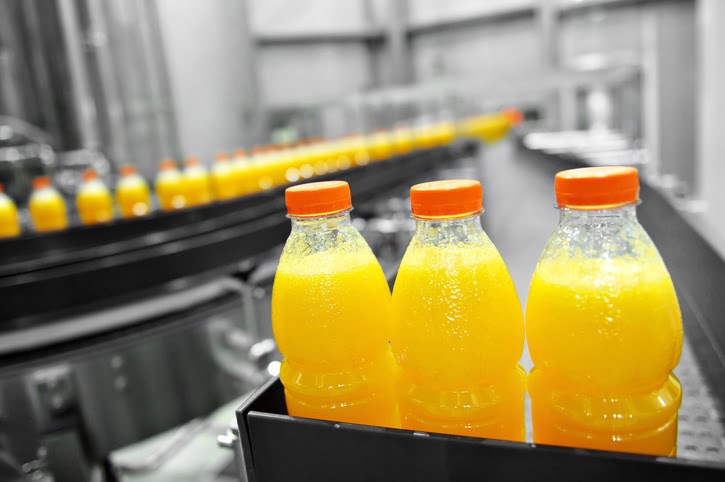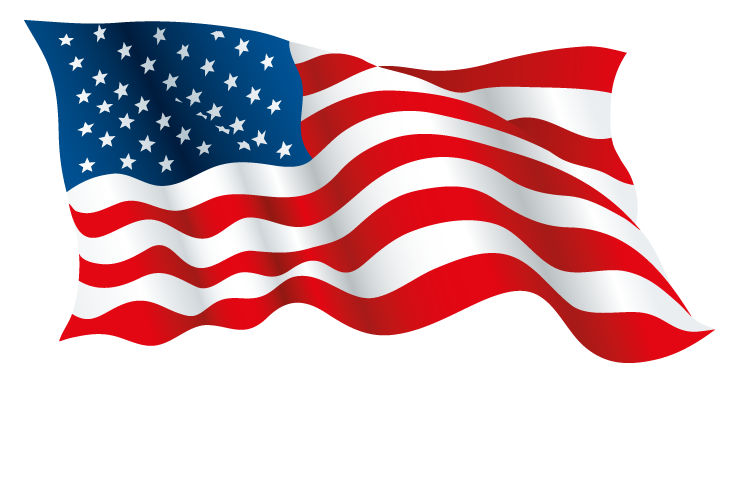6 Ways Enclosure Air Conditioners for Food Processing Are Unique
 The food and beverage industry is unique because of the need to ensure that products are safe for human consumption. Over the years scientists have begun to understand the reasons for food contamination and why there were incidents of food poisoning. Today, the industry must comply with a raft of legislation intended to proactively reduce these risks.
The food and beverage industry is unique because of the need to ensure that products are safe for human consumption. Over the years scientists have begun to understand the reasons for food contamination and why there were incidents of food poisoning. Today, the industry must comply with a raft of legislation intended to proactively reduce these risks.
One of the requirements that directly affects enclosure air conditioners in food preparation, handling and storage areas is the Code of Federal Regulations (CRF) 21, Part 110 that deals with equipment and utensils. In particular, there is the requirement that equipment in the manufacturing and food handling area that does not come into contact with food must be constructed so that it can be kept in a clean condition. In order to comply with these provisions, enclosure air conditioners utilized in food and beverage plants have seven unique features.
Sealed Enclosures
All electrical enclosures and enclosure air conditioners are sealed to prevent cross contamination and to prevent food products from collecting inside enclosures. This requirement, which is met through the use of NEMA Type 4 or 4X enclosures, ensures that no unhygienic particles collect inside enclosures or on door lips and seals.
Closed Loop Cooling
Because enclosures are sealed, they must be fitted with closed loop cooling solutions. A closed loop cooling solution is one where there is no direct exchange of air between the enclosure and the outside air. When cooling is achieved through the use of air conditioning, heat from the enclosure is absorbed by the evaporator coil and given off when the hot gas condenses in the condenser coil; the latter is placed in an ambient air ventilated part of the air conditioner.
Stainless Steel Finish
Virtually all electrical enclosures that are within areas as defined by CFR21, Part 110 are made from stainless steel, which is hygienic and easy to clean. The most common grade is 304, although 316 is also used. While powder-coated finishes are not expressly banned, their life is limited by the gradual deterioration of their outer finish due to the mandatory use of cleaning chemicals in food and beverage factories. Some enclosures are made from plastic, but this material is not suitable for large enclosures, and plastic structures have limited impact resistance.
Highly Polished Finish
Bacteria and mold have the ability to attach to surface imperfections and grow there. It is for this reason that surface finishes should be highly polished to remove these imperfections, and the only acceptable surface finish for food and beverage plants is the number 4 sanitary finish, which often can be achieved using a 180 to 240 grit sanding belt. In order to achieve the required finish, the seams of the shroud should be welded, ground and polished.
Withstand High-Pressure Washing
The design of the enclosure must be such that it can withstand the force of high-pressure water cleaning without letting water into the enclosure. This level of protection means that food particles cannot be washed into the enclosure and neither can water penetrate and potentially damage electrical equipment.
Chemical Resistance
Many of the chemicals used for sanitizing surfaces are mildly corrosive. While stainless steel is naturally resistant, the constant application of corrosive chemicals using high-pressure washing may damage the copper condenser coils located within the ventilated section of the enclosure cooler. To prevent this, refrigeration coils should be electrostatically coated with epoxy. The copper piping should be soldered with high silver content solder to provide a corrosion-resistant joint and the piping coated with epoxy.
Selecting an Enclosure Cooler for Food and Beverage Plant
The tough environmental conditions that are mandated by the need to comply with Federal regulations means that an enclosure cooler installed in a food and beverage manufacturing or handling plant is quite unique. No standard unit will be suitable, and it’s vital the enclosure cooler complies with the regulations and is tough enough to provide lasting service. Thermal Edge offers a range of air conditioners equipped with their specially developed Food and Beverage Package that fulfills all these requirements and offers enhanced corrosion protection features as well as a robust high-capacity stainless steel mesh filter option to protect the condenser coil. To find out more, contact our Nationwide Sales Team.

